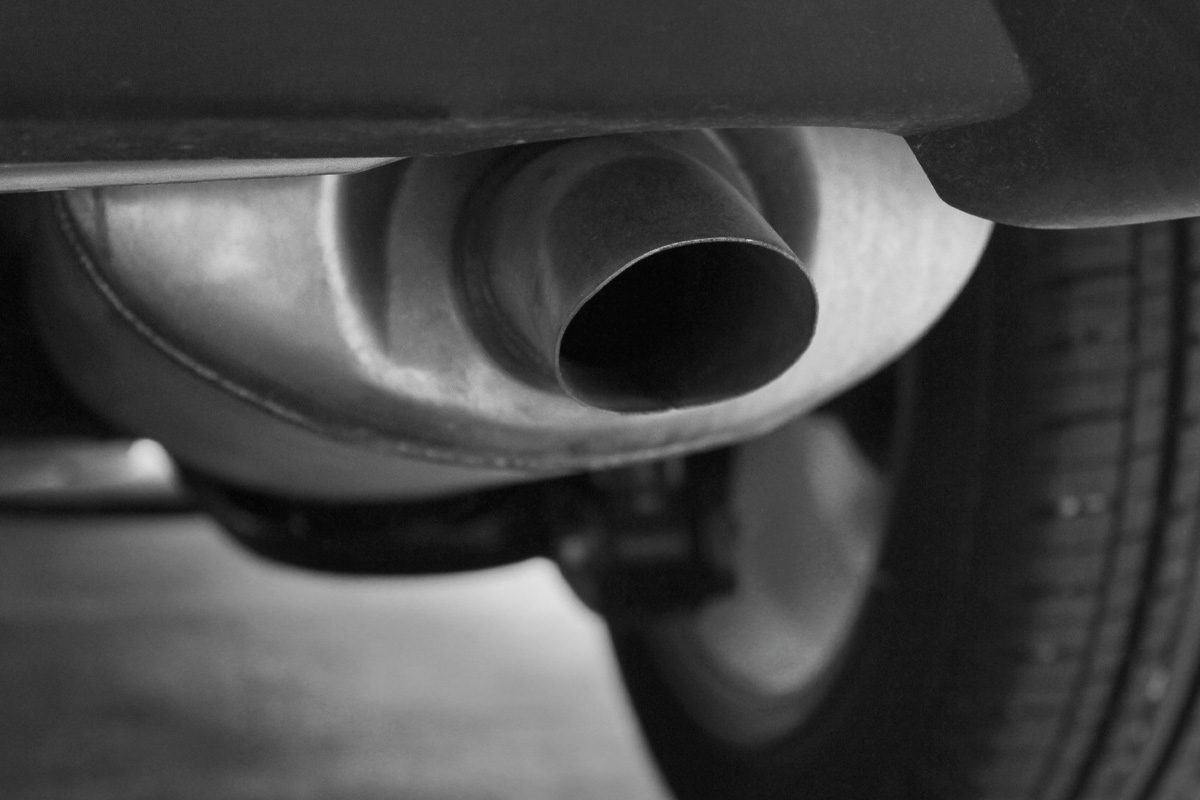
New guidance has been issued, aimed at tackling one of the most pressing issues faced by local highways authorities (LHAs) – consistent carbon measurement and reporting.
The Association of Directors of Environment, Economy, Planning & Transport (ADEPT) and the Future Highways Research Group (FHRG), led by Proving Services, have launched a seemingly comprehensive guidance document for Scope 1 and 2 greenhouse gas (GHG) emissions.
Guidance for the Application of GHG Scope 1 & 2 in Local Highways Authorities has been developed by the FHRG with sector specialist support from sponsors Ringway and Atkins. It includes academic input and analysis from Proving and the 10 LHA members who formed the research group.
It provides a framework and toolkit to enable LHAs to consistently apply and report Scope 1 and 2 GHG emissions and create inventories of sources of direct and indirect emissions across vehicles, plant and equipment.
Because it enables consistency, the document will allow LHAs to benchmark against other similar authorities whether urban, rural, coastal, mixed urban and rural, or metropolitan. While their activities might differ, the framework allows for consistent reporting, and therefore benefits all.
The FHRG is now embarking on work to enable LHAs to tackle the complexities of GHG Scope 3 supply chain emissions. For more information, please contact Proving’s Simon Wilson at s.wilson@provingservices.co.uk
Paula Hewitt, President of ADEPT said: “For local highways authorities, tackling greenhouse gas emissions is an immense challenge. Our research found that there were inconsistencies across authorities in how they tackled reporting and we could see a need for clear and comprehensive guidance. Our partnership with Proving meant we could do this through the FHRG. I think members and the wider highways sector will find this guidance invaluable.”
Simon Wilson, Director at Proving Services said: “Carbon reporting is a fundamental stepping stone to addressing carbon reduction. Being able to measure carbon consistently across the sector will enable us to understand the scale of the challenge and the options we have to reduce our carbon footprint. Looking forward, our work on Scope 3 when complete, will give us a whole service picture for carbon reporting, and following that, we will start an ambitious new research programme on carbon reduction.”
Jason Pavey, Managing Director for the transportation business in Atkins, said: “If LHAs are to support the UK’s Net Zero objective and respond to their own declared climate emergencies it’s critical to baseline current Scope 1 and 2 emissions. This guidance will help LHA’s to prioritise interventions to really make a difference on our shared journey to Net Zero. Atkins is committed to engineering a better future for our planet, and we now look forward to working on Scope 3 to help deliver a consistent approach across the highways supply chain.”
Mitesh Solanki, Managing Director of Ringway said: “Collaboration is vital as we tackle the climate challenge. Working together to identify the scale of the problem today and find shared solutions is vital if we are to move beyond words and aspirations and into real action. This guidance and the work to follow is a key part of continuing to push in the right direction. We now need to move at pace, and at scale to realise real carbon reductions.”
The FHRG aims to give ADEPT local authority members the chance to support strategic transformation, drive the implementation of sector-based innovation and deploy continuous value for money improvements.
Guidance for the Application of GHG Scope 1 & 2 in Local Highways Authorities is available on the ADEPT website: https://www.adeptnet.org.uk/documents/guidance-application-ghg-scope-1-2-local-highways-authorities
To find out more about the FHRG, please visit: www.adeptnet.org.uk/FHRG







